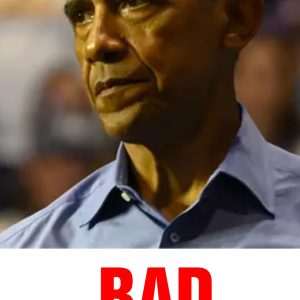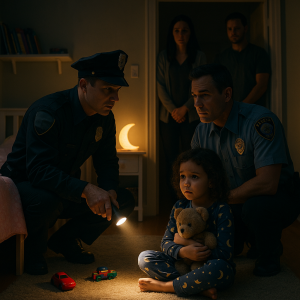Introduction
The political world is reeling after the shocking death of conservative commentator Charlie Kirk, founder of Turning Point USA, who was fatally shot during a campus rally in Utah on September 10. He was just 31 years old. New dispatch audio released in the aftermath sheds disturbing light on the chaotic moments following the shooting, raising fresh questions about security at political events and the broader culture of political violence in America.
The Tragedy at Utah Valley University
Charlie Kirk had built a reputation as one of the most outspoken and controversial voices on America’s right wing, known for sparking heated debates on college campuses nationwide. His “American Comeback” tour, intended to energize young conservatives, took a deadly turn on Tuesday when an audience member challenged him on the topic of mass shootings.
The individual reportedly asked Kirk:
“Do you know how many transgender Americans have been shooters over the last 10 years?”
Kirk’s confident reply—“Too many”—was met with applause. Seconds later, a single gunshot cracked through the auditorium. Witnesses say Kirk collapsed as chaos erupted.
According to law enforcement, Kirk was rushed to a nearby hospital but died about 90 minutes later from a gunshot wound to the neck. He leaves behind his wife, Erika Frantzve, their three-year-old daughter, and a 16-month-old son.
Dispatch Audio Reveals Chilling Details
TMZ reported that dispatch audio from the scene offers a haunting glimpse into the emergency response. In the recordings, first responders can be heard alerting one another to the shooting and scrambling to locate the gunman.
Initially, officers reported uncertainty about the shooter’s whereabouts. Later, dispatchers relayed information about a person spotted on the roof of a building east of the university library. Descriptions included jeans, a black shirt, and a black vest.
While the audio does not confirm whether that individual was the shooter, social media clips circulating online appear to show someone standing on a rooftop near the scene. Authorities have not released a formal identification.
National Reactions and Political Reverberations
The shooting has sent shockwaves through the political establishment, particularly on the right. Former President Donald Trump, a close ally of Kirk, expressed his grief in a Truth Social post:
“The Great, and even Legendary, Charlie Kirk, is dead. No one understood or had the Heart of the Youth in the United States of America better than Charlie. He was loved and admired by ALL, especially me, and now, he is no longer with us. Melania and my Sympathies go out to his beautiful wife Erika, and family. Charlie, we love you!”
Supporters across social media echoed Trump’s praise, hailing Kirk as a bold defender of conservative values, while critics noted his long record of divisive rhetoric.
Kirk’s Legacy and Controversial Stances
Kirk was no stranger to controversy, often placing himself at the center of national debates about free speech, campus activism, and the Second Amendment. He frequently argued that gun rights were essential to preserving other freedoms, even acknowledging the inherent risks.
At a Turning Point USA event in 2023, he stated:
“We should have an honest and clear reductionist view of gun violence, but we should not have a utopian one. You will never live in a society where you have an armed citizenry and not a single gun death. That is nonsense, it’s drivel. But I think it’s worth it… so that we can have the Second Amendment to protect our other God-given rights.”
This philosophy often earned Kirk both admiration and fierce criticism. His death, occurring in the very type of scenario he frequently debated, has already reignited heated conversations about political speech, gun culture, and security at public events.
The Broader Implications
The killing of a high-profile political figure on a university campus highlights troubling realities in America’s climate of polarization. As debates about gun rights, transgender identity, and political extremism collide, the Utah shooting underscores the dangers that public figures face when engaging in direct, often volatile, exchanges with the public.
Critics are now asking whether universities and organizations that host such events are equipped to prevent violence in a climate where ideological clashes are increasingly weaponized. The presence of dispatch audio showing confusion about the shooter’s location further raises questions about campus security protocols and law enforcement preparedness.
Conclusion
Charlie Kirk’s death marks a sobering moment in American politics—one that blends personal tragedy with broader societal concerns. Whether remembered as a passionate champion of conservative causes or a polarizing figure in the culture wars, his killing underscores the volatility of today’s political environment.
As investigations continue, the haunting dispatch audio ensures that questions about what happened in those frantic moments will linger. More importantly, it forces a reckoning with the risks that come when political discourse turns violent.





